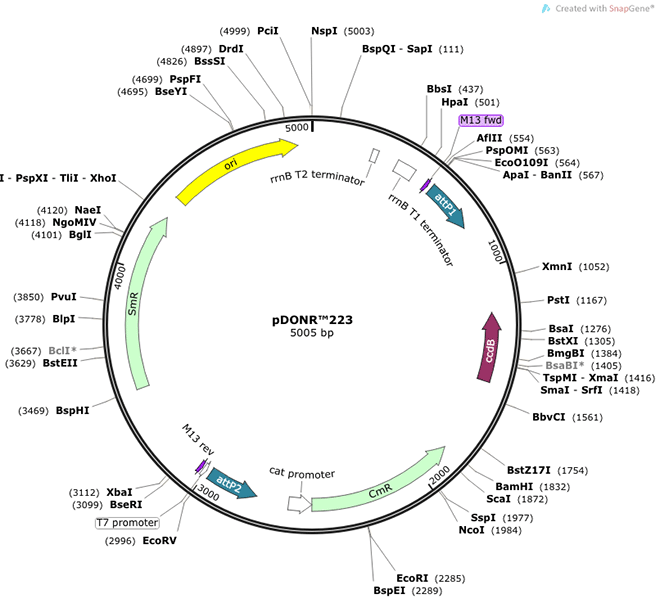The protein encoded by this gene is part of the fatty acid binding protein family (FABP). FABPs are a family of small, highly conserved, cytoplasmic proteins that bind long-chain fatty acids and other hydrophobic ligands and participate in fatty acid uptake, transport, and metabolism. This protein functions within the ileum, the distal 25-30% of the small intestine, and plays a role in enterohepatic circulation of bile acids and cholesterol homeostasis. In humans, it has been reported that polymorphisms in FABP6 confer a protective effect in obese individuals from developing type 2 diabetes. In mice deficiency of this gene affects bile acid metabolism in a gender-specific manner and was reported to be required for efficient apical to basolateral transport of conjugated bile acids. [provided by RefSeq, Jan 2013]


